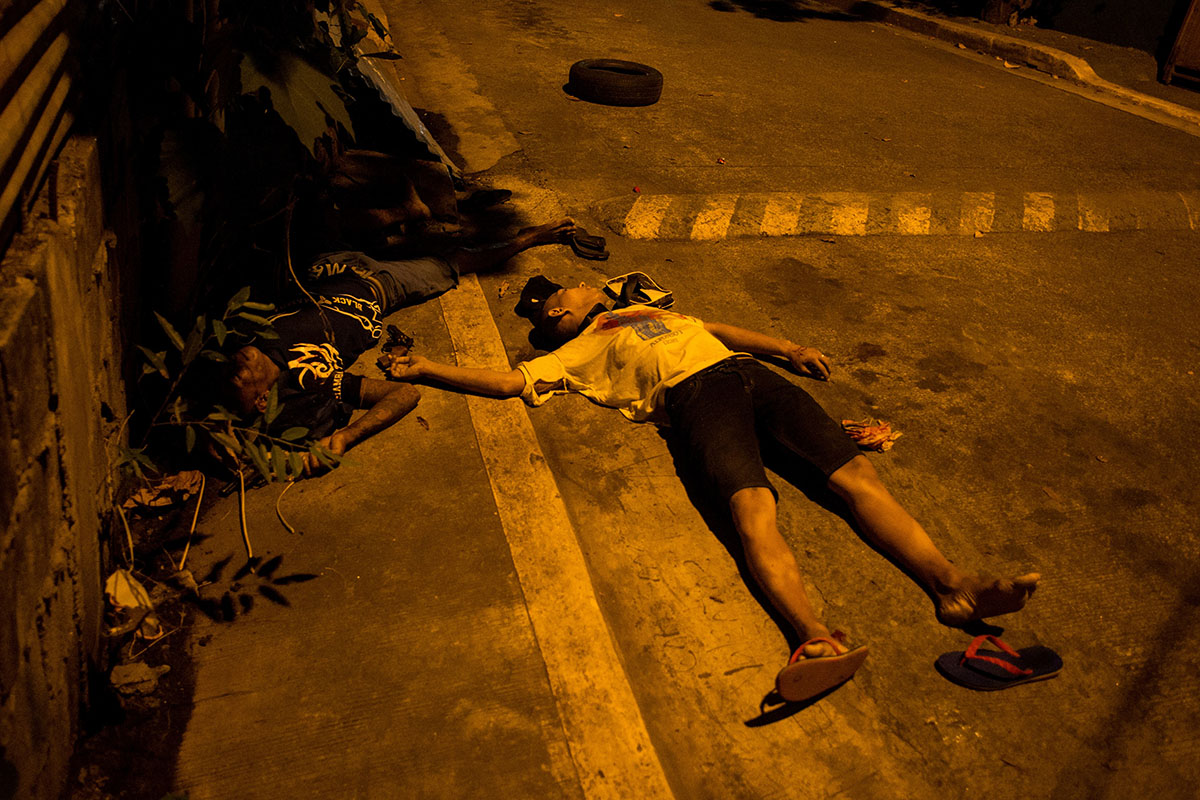Over the past week, the Philippines and Myanmar had been thrown into the limelight due to on-going conflicts that ripple through the nations. In the Philippines, President Rodrigo Duterte's drug war had once again captured media attention. On September 20, The ASEAN Post discussed the controversies that are surrounding Duterte's highly disputed drug war which has murdered over 7,000 people in the country so far. Duterte also said that he will even have his son, Paolo Duterte, killed if he has been involved in drugs. At the same time, thousands of Filipinos – both supporters and critics of Duterte – held rival rallies across the capital city of Manila on September 21.
In Myanmar, Aung San Suu Kyi had finally broken her silence over the on-going Rohingya crisis in the northern Rakhine state through a televised speech. Meanwhile, thousands of Rohingya continue to pour into Bangladesh as poor conditions in refugee camps could even lead to a devastating outbreak.
Malaysia had also made it into the limelight with news of its former prime minister Mahathir Mohamad claiming that an inquiry into losses by the central bank in the 1990s was a "vindictive" attempt from the current Malaysian government to deflect attention from a scandal it is involved in. In addition to that, Malaysian opposition leader and former deputy prime minister, Anwar Ibrahim was reported to be hospitalised due to erratic blood pressure.
Elsewhere, Singapore's Prime Minister Lee Hsien Loong aimed to cement ties between the Chinese government and Southeast Asia during his official visit to China while North Korea and the US continued their "war of words" after fresh sanctions were imposed upon the communist country.
This week, The ASEAN Post had also highlighted issues pertaining to plastic pollution, deforestation, digital landscape, rail connections, medical tourism and energy production within the Southeast Asian region.
